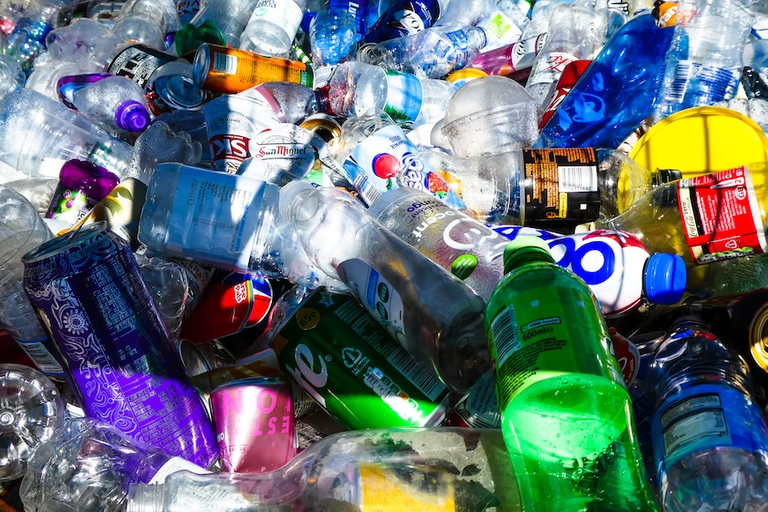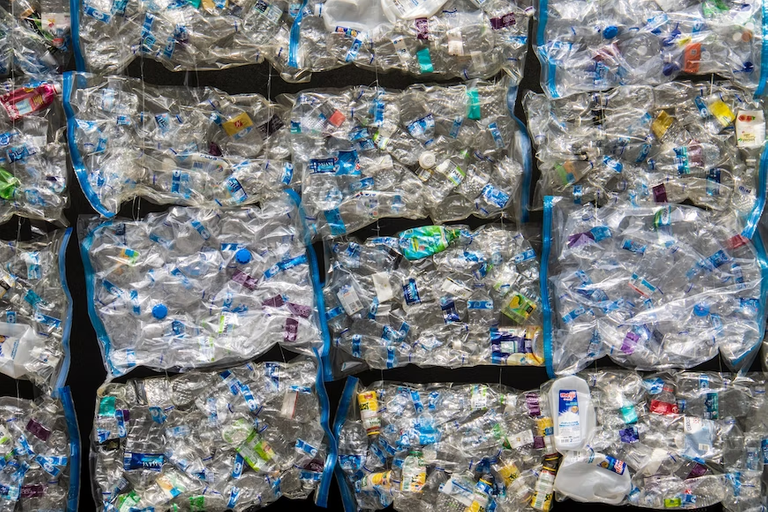Plastic Waste: A Global Epidemic that Demands Immediate Action
Plastic waste refers to discarded plastic materials that are not properly disposed of, often ending up in the environment. This has become a major environmental issue due to the fact that plastic can take hundreds of years to degrade, and can have severe impacts on wildlife and their habitats.

Plastic waste has become a major environmental concern in recent years, as plastic materials are being used and discarded at an alarming rate. Plastic is a versatile and durable material that has greatly improved our lives in many ways. However, its longevity and persistence in the environment has led to severe consequences for wildlife and habitats, as well as for human health and economies. In this article, we will explore the environmental issues caused by plastic waste and discuss ways to reduce and manage it.
One of the most visible and severe effects of plastic waste is marine pollution. Plastic waste often ends up in the ocean, where it can harm or kill marine animals. Plastic bags, for example, can suffocate sea turtles and other marine animals that mistake them for food. Plastic debris can also entangle and trap marine animals, causing injury or death. Plastic waste can also harm fish, birds, and other animals that ingest it, as well as the organisms that live on and around it.
Another major environmental issue caused by plastic waste is littering. Plastic waste can accumulate in the environment, littering streets, and harming the aesthetic of natural spaces. Plastic waste can also clog stormwater systems, causing flooding and other infrastructure damage.
In addition to harming wildlife and littering the environment, plastic waste can also release toxic chemicals into the environment. Many plastic materials contain harmful chemicals, such as bisphenol A (BPA), that can leach out over time. These chemicals can be harmful to wildlife and humans, and can end up in the food chain.
The production and disposal of plastic also generates greenhouse gas emissions, contributing to climate change. Plastic production requires fossil fuels, and the incineration of plastic waste releases carbon dioxide and other pollutants into the atmosphere.
Another environmental issue is the microplastics, it is plastic waste that breaks down into small pieces called microplastics that can spread widely in the environment. They can be ingested by small organisms and move up the food chain and can cause harm to aquatic life and potentially human health.
Finally, plastic waste can also cause problems with waste management and disposal. Plastic waste takes up valuable space in landfills, and the disposal and management of plastic waste can be costly.
To address these environmental issues, it is important to reduce our use of single-use plastics and increase recycling and proper disposal of plastic waste. Simple steps such as using reusable bags, bottles, and containers, and properly disposing of plastic waste can greatly reduce the amount of plastic waste in the environment. We can also support businesses and manufacturers that use more sustainable materials and packaging. Furthermore, we can also support policies and regulations that promote the reduction, recycling, and proper disposal of plastic waste.

In conclusion, plastic waste poses a significant threat to the environment and wildlife, as well as to human health and economies. It is important to take action to reduce our use of single-use plastics, increase recycling and proper disposal of plastic waste, and support sustainable materials and policies. Only by working together and taking responsibility for our actions can we hope to reduce the environmental impact of plastic waste.